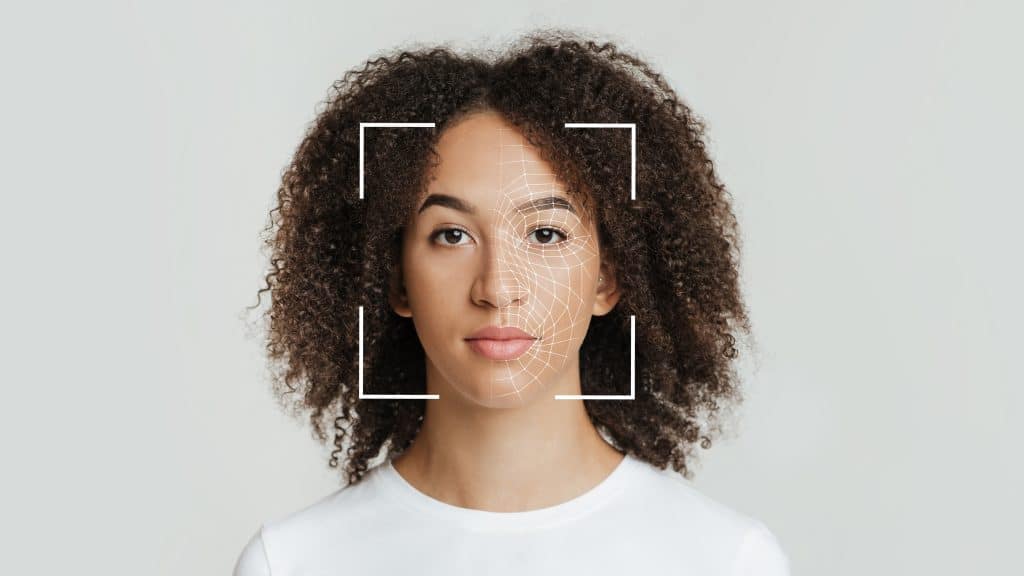UK bill would let police run facial recognition against all driver’s licenses
A clause in a new UK criminal justice bill gives police the green light to run facial recognition searches on the database of Britain’s 50 million driving licenses, and privacy advocates are not happy, according to reporting from The Guardian.
The rule does not explicitly mention the use of 1:N facial recognition matching by police or the National Crime Agency (NCA). But the lack of detail is a further concern for critics, who worry the government is attempting a stealth move to pass the bill, and that its implementation would pose threats to privacy, freedom of expression, due process and freedom of assembly.
Peter Fussey, a professor and former independent reviewer of the London police force’s use of facial recognition, says the would-be inconspicuous clause is more proof that FRT and other potentially invasive biometric technologies need tight regulations on use. “This constitutes another example of how facial recognition surveillance is becoming extended without clear limits or independent oversight,” Fussey said, pointing to persistent problems with facial recognition systems showing bias against Black and Asian people. “That police find such technologies useful or convenient is not sufficient justification to override the legal human rights protections they are also obliged to uphold.”
Officials from the police and NCA have argued that it is important that police get easier access to facial recognition tools that can run CCTV footage (from a crime scene, for example) or social media content against every license in the Driver and Vehicle Licensing Agency (DVLA) database. Currently, the Criminal Justice and Court Services Act 2000 requires police to provide “a good cause relating to a contravention of mainly road traffic acts” to access the DVLA data.
The new clause would provide access to the database for all policing or law enforcement purposes. However, language from the Home Office aims to soften the implications of that statement in saying that the law clarifies safeguarding and accountability around access, and that it “does not allow for automatic access to DVLA records for facial recognition. Any further developments would be subject to further engagement as the public would expect.”
One man who might question the sincerity of that promise is Professor Fraser Sampson, who stepped down from his role as the UK’s Biometrics and Surveillance Camera Commissioner on October 31, after the position was eliminated. (He now works for the private biometric facial recognition firm Facewatch.) Without the existence of that watchdog to oversee biometric data collection, say digital rights groups, there is a strong risk of a slippery slope effect in the use of biometric tools for mass surveillance.
Chris Jones, the director at civil liberties organization Statewatch, says the law would be akin to putting “anyone in the country with a driving license into a permanent police lineup.”
“Opening up civil databases to mass police searches turns everyone, a priori, into a suspect,” he says. “More surveillance and snooping powers will not make people safer.”
The bill is currently at the committee stage in the House of Commons, and would have to be approved by both chambers before being signed into law.







